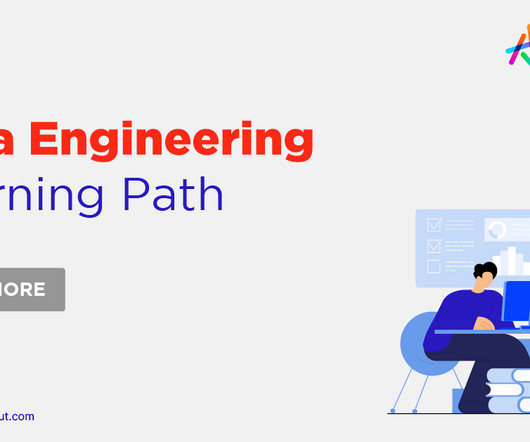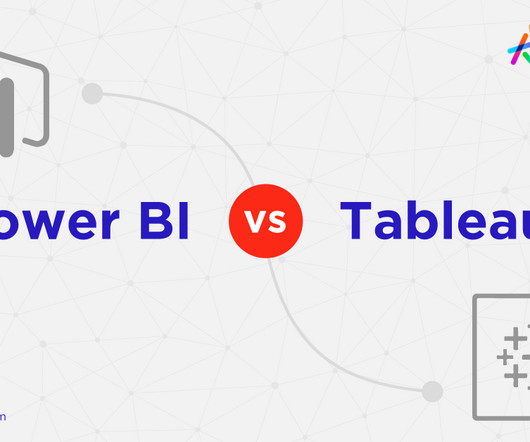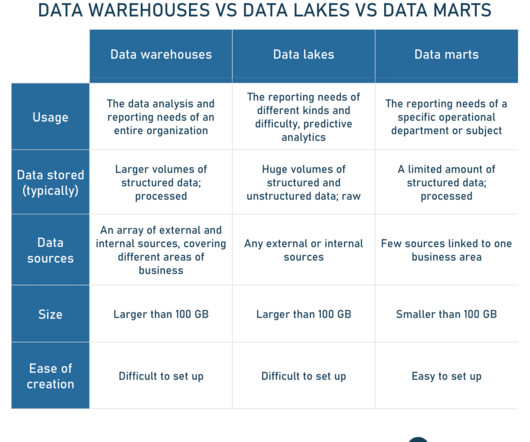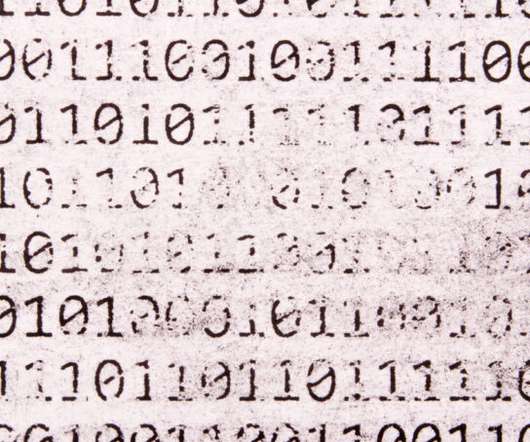Data Engineering Learning Path: A Complete Roadmap
Knowledge Hut
JUNE 23, 2023
You should be well-versed with SQL Server, Oracle DB, MySQL, Excel, or any other data storing or processing software. Hard Skills SQL, which includes memorizing a query and resolving optimized queries. Apache Hadoop-based analytics to compute distributed processing and storage against datasets.
















Let's personalize your content